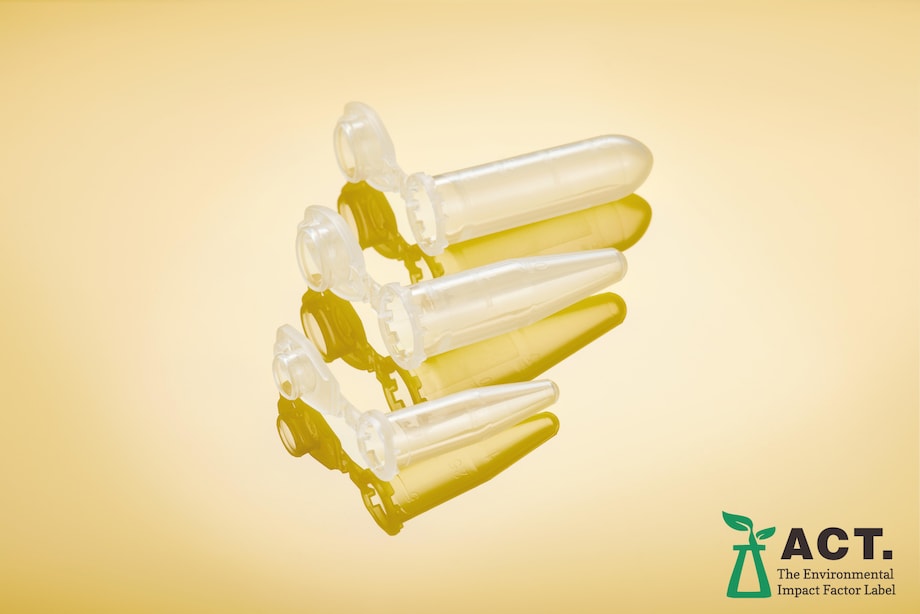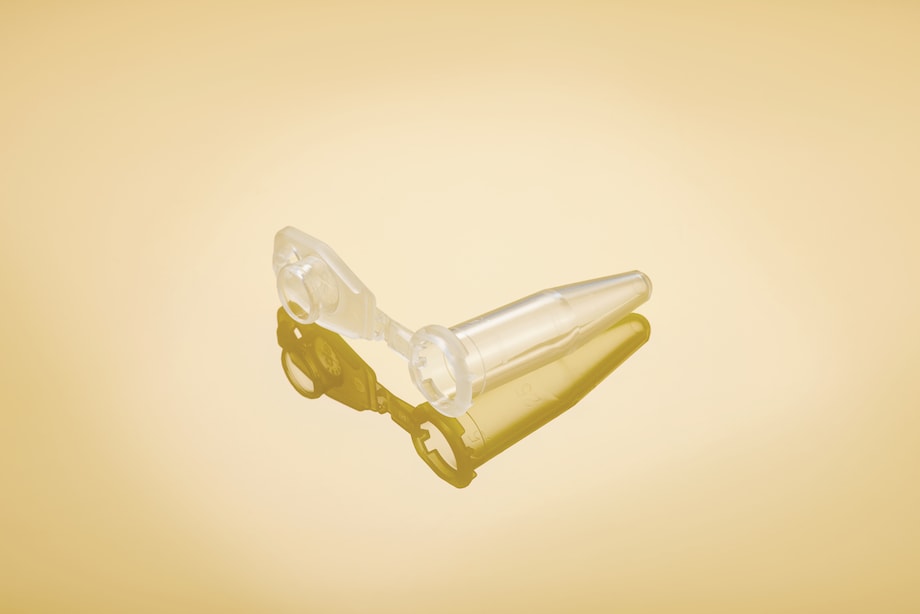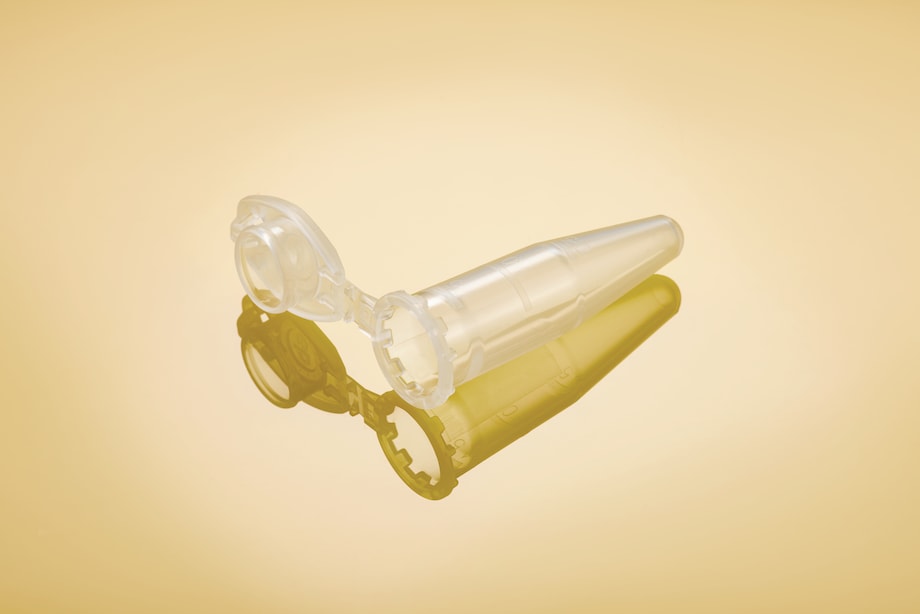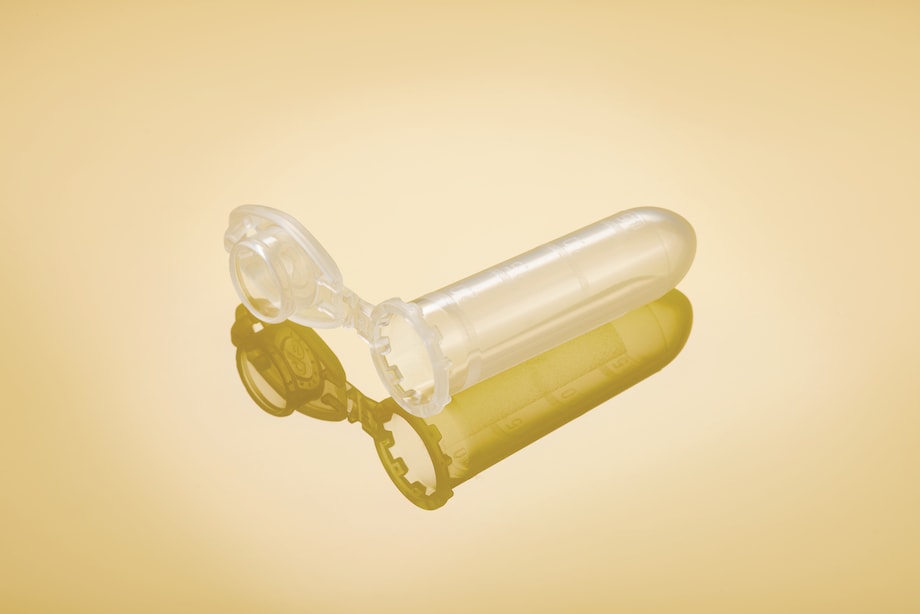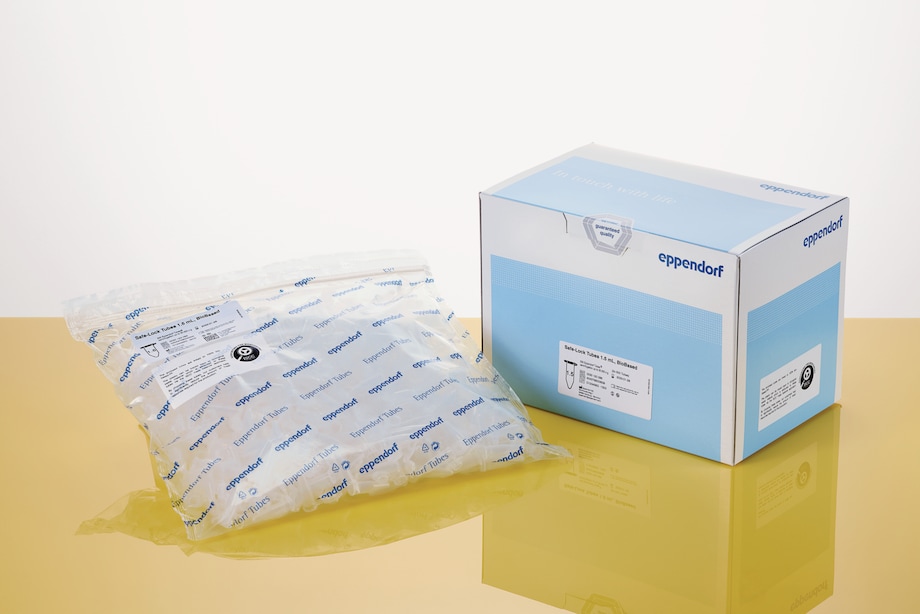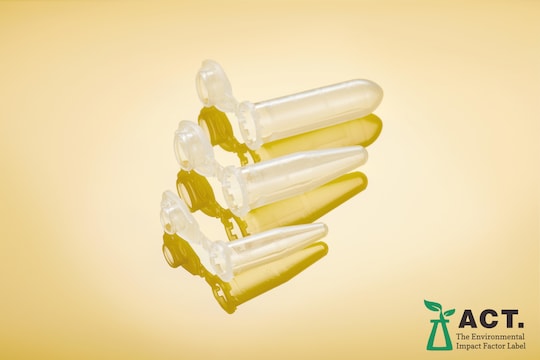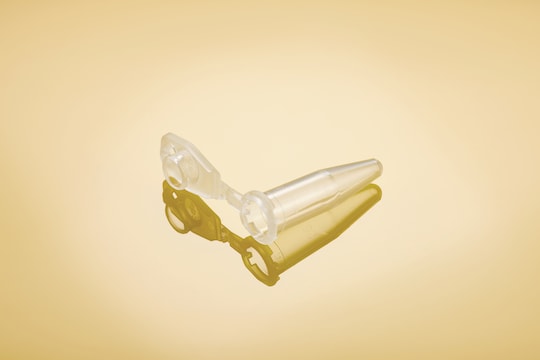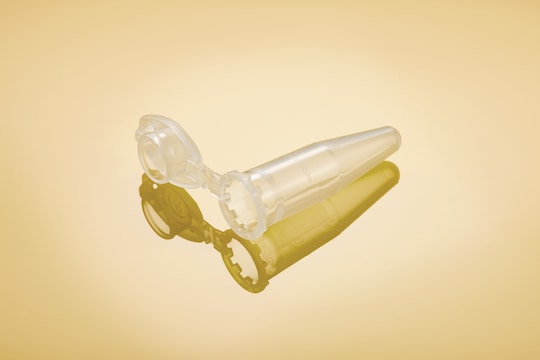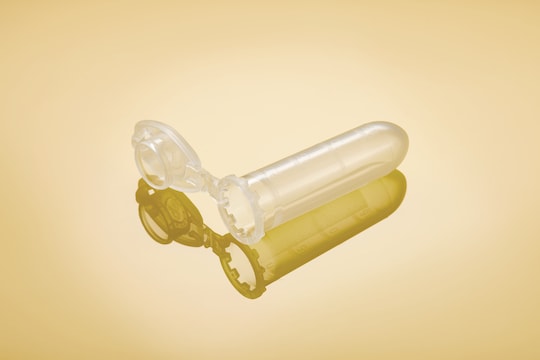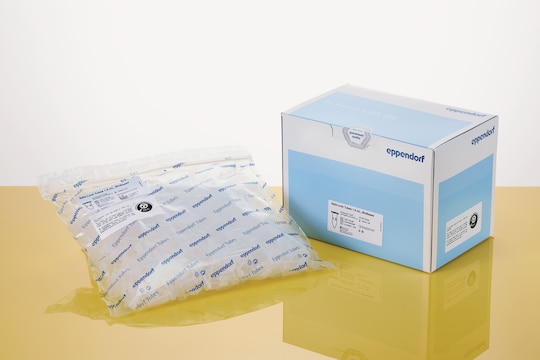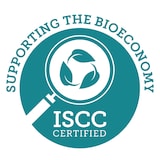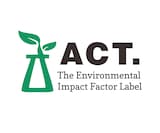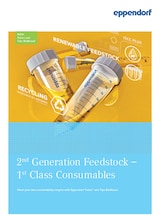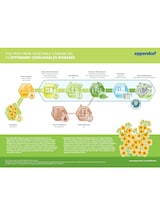MENU
PL | PLN
-
-
-
-
- Forum Labo 2025
- Advanced Therapies Week (ATW) 2025
- SLAS Europe 2025
- Bioprocessing Summit Europe 2025
- Medlab Middle East 2025
- SLAS International 2025
- Biologics World Nordics 2025
- ASIA LABEX: The Lab Show 2025
- BioProcess International Europe 2025
- ISEV 2025
- Future Labs Live 2025
- DataHow Symposium 2025
- Cell 2025
- ASIA LABEX: The Lab Show 2025
- LabDays 2025
- Stem Cell Community Day 2025
- Nordic Life Science Days 2025
- Analytica Lab India 2025
- Single-Use Event 2025
- JASIS 2025
- GSCN 2025
-
-
-
-
- Forum Labo 2025
- Advanced Therapies Week (ATW) 2025
- SLAS Europe 2025
- Bioprocessing Summit Europe 2025
- Medlab Middle East 2025
- SLAS International 2025
- Biologics World Nordics 2025
- ASIA LABEX: The Lab Show 2025
- BioProcess International Europe 2025
- ISEV 2025
- Future Labs Live 2025
- DataHow Symposium 2025
- Cell 2025
- ASIA LABEX: The Lab Show 2025
- LabDays 2025
- Stem Cell Community Day 2025
- Nordic Life Science Days 2025
- Analytica Lab India 2025
- Single-Use Event 2025
- JASIS 2025
- GSCN 2025
PL | PLN
-
- All Centrifuges
- Benchtop Centrifuges
- Floor-Standing Centrifuges
- Refrigerated Centrifuges
- Microcentrifuges
- Multipurpose Centrifuges
- High-Speed Centrifuges
- Ultracentrifuges
- Concentrator
- IVD Products
- High-Speed and Ultracentrifuge Consumables
- Centrifuge Tubes
- Centrifuge Plates
- Device Management Software
- Sample and Information Management
-
- All Pipettes, Dispensers & Automated Liquid Handlers
- Mechanical Pipettes
- Electronic Pipettes
- Multi-Channel Pipettes
- Positive Displacement Pipettes & Dispensers
- Automated Pipetting
- Bottle-Top Dispensers
- Pipette Controllers
- Pipette Tips
- Automation Consumables
- Dispenser & Pipette Accessories
- Automation Accessories
- Dispenser & Pipette Services
Sorry, we couldn't find anything on our website containing your search term.
Eppendorf Safe-Lock Tubes BioBased
Save 10% on list price, with code WN2025
-
Promotion
-
New
Product Information
Sustainability is playing an increasingly important role in the perception and purchasing decision of customers looking for laboratory consumables. The Eppendorf Safe-Lock Tubes BioBased in volumes from 0.5 – 2.0 mL reduce significantly the product-related carbon footprint. These tubes are made from 100 % biobased plastic (mass balance approach: 100% biobased PP), and demonstrate Eppendorf's strong interest to decouple single-use consumables from the usage of fossil resources without questioning either the product quality or the quality of test results.-
Request lot-specific certificates (not applicable for the purity grade "Eppendorf Quality")
-
More infos on biobased tubes
You will find additional download material at the bottom of this page
Products (6)
6 Products
|
|
|
|
|
|
Show more Products
Added to Your Cart
Product Information
Applications
Features
Product Information
The Eppendorf Safe-Lock Tubes BioBased in the sizes 0.5 mL, 1.5 mL and 2.0 mL open up again new doors to make laboratory work significantly more sustainable without jeopardizing experimental results. By using a second-generation biobased polymer made from 100 % renewable resources (e.g. waste and residues from vegetable oil refining or waste cooking oil; mass balance approach: 100 % biobased PP in the tube) the product-related carbon footprint of these tubes was significantly reduced. "General Quality Certificates" on compliance with standards and general quality requirements, product-specific and lot-specific purity certificates as well as "ACT Certificates" (the independent environmental impact factor certification by My Green Lab®) certify the well-known premium product quality you can expect from your well-known "Eppi®" ˗ combined with a sustainability factor that will clearly be visible in your laboratory carbon footprint with continuous use of these tubes. As with our fossil-based Safe-Lock Tubes you can say goodbye to precious sample loss during centrifugation, incubation and storage! Feel confident in the outstanding protection offered by the hinged Safe-Lock lid, the result of over 60 years of continuous improvement and development. Additionally, Safe-Lock Tubes BioBased support you in your efforts to become visibly more environmentally friendly in the laboratory.
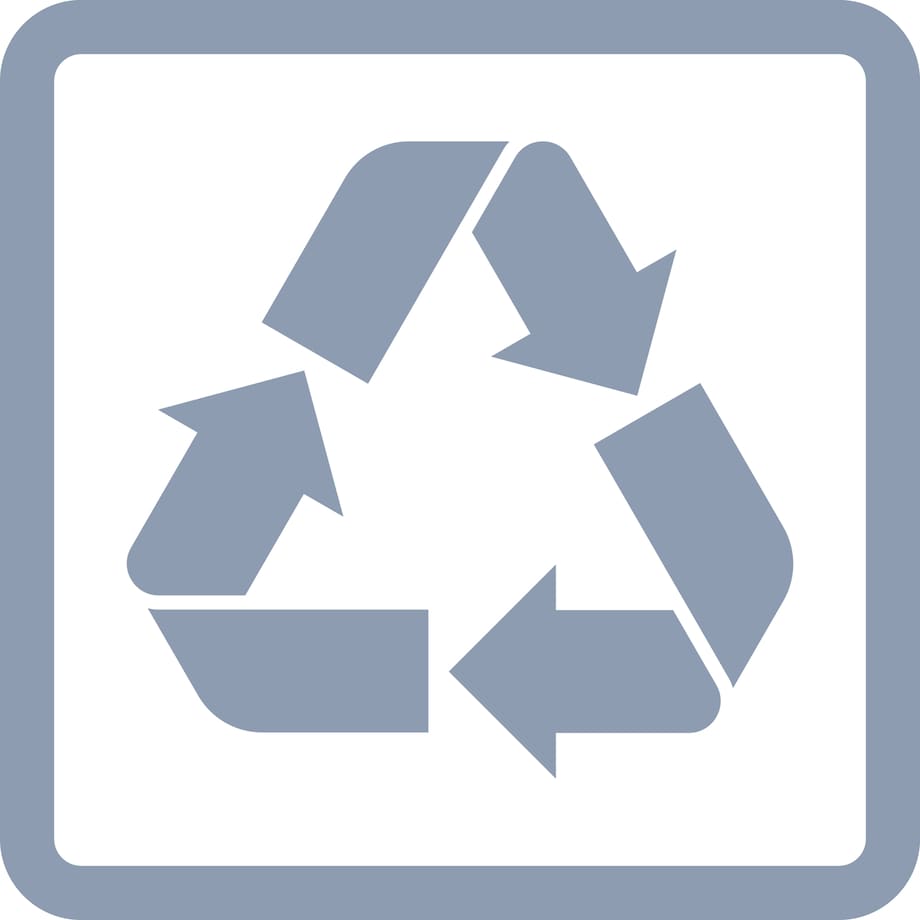
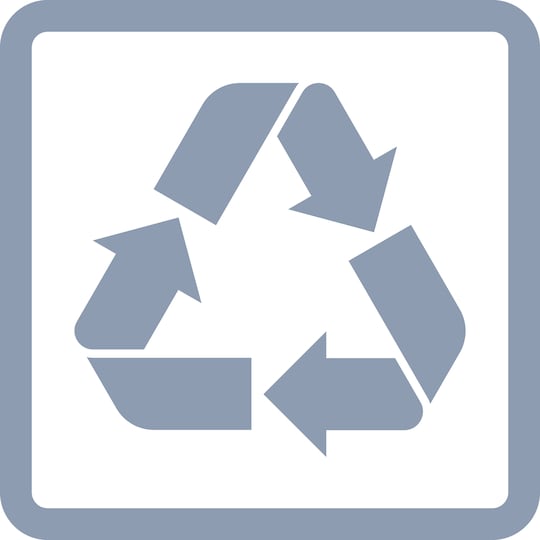
Disposal of packaging material
Recycling of materials becomes more and more important every day. E.g. in Europe almost 100 % of cardboard material is already recycled. The packaging material of the Eppendorf consumables BioBased is made of different materials – for the most part made from cardboard.
Eppendorf consumables and thus also Eppendorf Safe-Lock Tubes BioBased are shipped in packaging in which both the shipping carton and the folding carton consist of at least 92 % recycled cardboard.
Please support our global sustainability initiative of recycling valuable raw material by collecting the cardboard packaging material of tubes. Dispose of the packaging material in the designated collection containers in your organization and region.
After usage, the tubes themselves are defined as potentially being contaminated. This contamination can be based on biohazard, chemical hazard, or even nuclear hazard. Therefore, recycling of these vessels can be challenging. In many countries, critical waste must be burned due to legal restrictions. However, energy and heat can be recovered from thermal recycling of contaminated laboratory consumables.
To reduce the amount of critical plastic waste, you should use at least two waste containers: One for critical waste and one for non-critical waste. The definition of these two groups may depend on local regulations and should be communicated/ trained in your lab accordingly. For further local waste recycling options please contact your local biosafety officer and your local waste management.
We strongly recommend a certified local recycling partner. Keeping it "local", will reduce the impact of transportation, and the "certified" aspect is recommended due to the safe and sustainable handling of lab waste.


Read More
Read Less
Applications
- Sample preparation in chemistry, biochemistry, biology, microbiology and molecular biology labs
- Storage of samples and solutions
- Radioactive substances, toxic samples, plasmid DNA precipitation (Application Note 234 "Centrifugation at 30,000 x g in Plasmid DNA Precipitation Allows Better Recovery Rates and Shorter Centrifuations Times")
Features
- Traceability along the entire supply chain enabled through ISCC PLUS (International Sustainability & Carbon Certification); ACT (Acccountability, Consistence, and Transparency) Certification – the independent validation provided by My Green Lab®; Lot-specific purity certificates from an independent laboratory can be downloaded from the Eppendorf website; general certificates on compliance with standards and general Eppendorf quality requirements.
- g-Safe®: Depending on Safe-Lock Tube volume (see manual) exceptional centrifugation stability up to 30,000 × g prevents sample loss due to tube breakage and provides extra safety when working with hazardous samples
- Hinged Eppendorf Safe-Lock lid prevents unintentional lid opening during incubation and storage, precise lid sealing for minimal evaporation rates during long-term storage, frosted lid and surface on the side for easy labeling
- Manufactured without the use of slip agents, plasticizers, and biocides ˗ substances that have been shown to leach from plastic consumables into the sample and negatively affect bio-assay results
- Biobased polypropylene provides high resistance to chemicals, mechanical stress and temperature extremes
- Support you in achieving your sustainability goals in the lab, reduce your lab carbon footprint! Produced from recycled feedstock in 2nd generation, derived from waste and residue stream e. g. from used cooking oil and industrial used cooking oil production
- Ensured functionality from -86 °C to 100 °C
- Autoclavable when open (121 °C, 20 min)
- Tube volumes of 0.5 mL, 1.5 mL, 2.0 mL each available in lot-certified PCR clean purity grade and in Eppendorf Quality
Downloads: Eppendorf Safe-Lock Tubes BioBased
You might also consider

